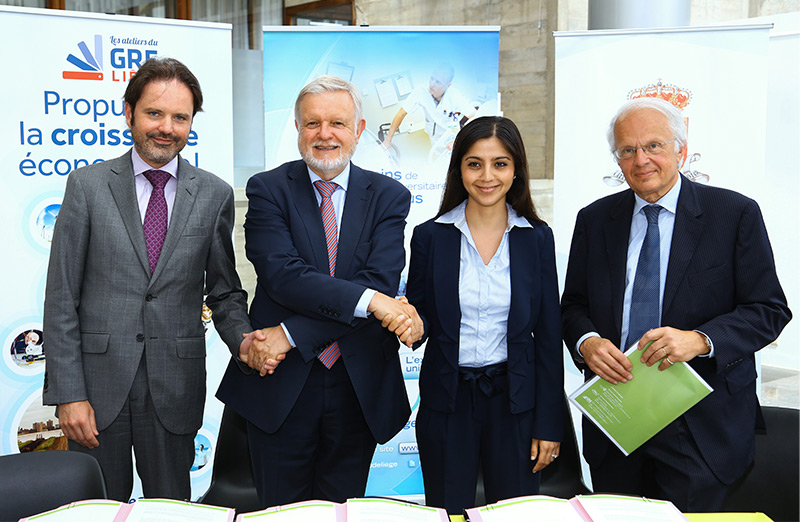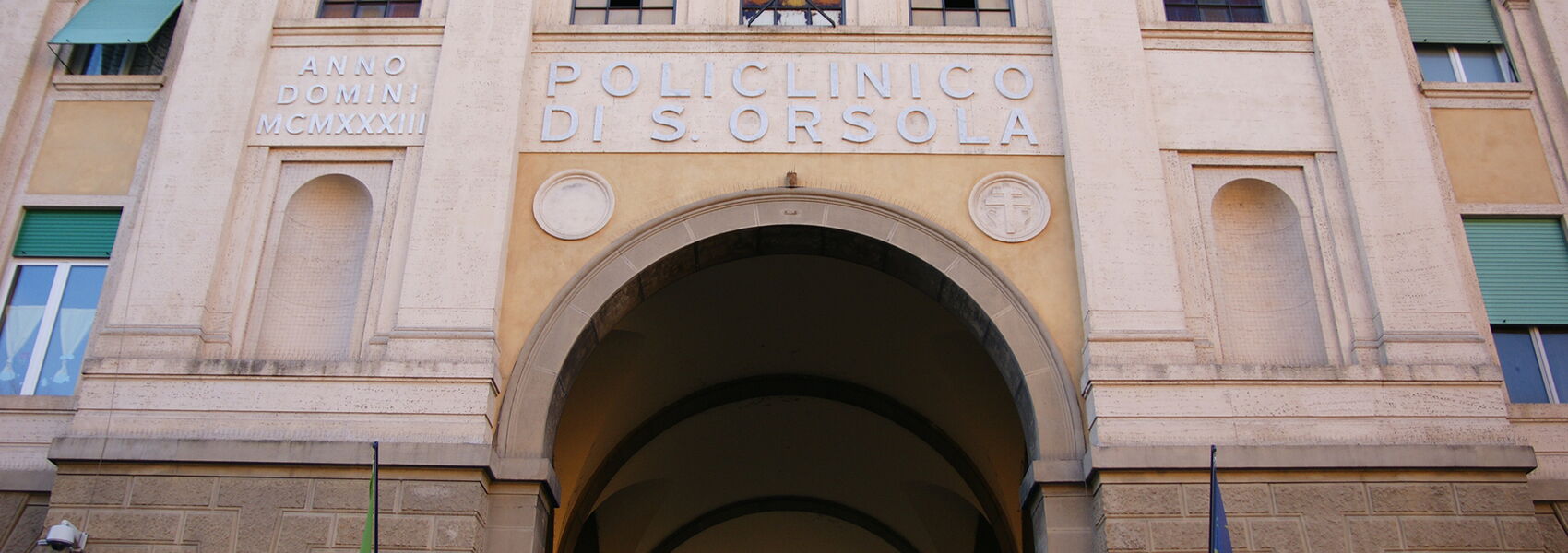The University Hospital and the University of Liège are cooperating with eeef on Technical Assistance
Liège – The University Hospital of Liège (CHU) and the University of Liège (ULg) will receive Technical Assistance funds to support project development activities for an energy efficiency programme, helping to achieve the 20/20/20 goals of the European Union. This Technical Assistance aims at developing the launch of 15 building retrofit projects as well as the upgrade of the indoor and outdoor lighting network. The CHU and the ULg initiated a comprehensive investment programme of EUR30m for the Sart Tilman campus, a shared site between both parties, with the objective to reduce electricity and heat consumption, the latter by even 50% per annum.

The CHU and the ULg are vitally important public institutions for Liège, the economic capital of Wallonia and the third largest urban area in Belgium. The CHU employs around 5,000 people with 792,000 patient consultations annually. In addition, the ULg consists of 22,000 students and 5,000 employees. The envisaged energy efficiency upgrade of the Sart Tilman campus focuses first on 15 energy-intense buildings representing 66% of the campus’ global energy consumption. Subsequent to this pilot project, the CHU and the ULg intend to conduct the retrofits of the remaining 85 buildings, increasing the environmental magnitude of this project even more. The total achieved greenhouse gas emission savings for the first phase equal to approx. 3,200 tons of CO2 per annum.
As a participant of the EU financed ENGAGE campaign, the CHU and the ULg have already reduced their CO2 emissions by 15% by introducing a wood-fired cogeneration plant commissioned in April 2012. In order to drive the university’s energy reduction target forward, the new energy efficiency upgrade represents the next milestone.
The European Energy Efficiency Fund (eeef) S.A., SICAV-SIF is a “société d’investissement à capital variable” governed by Luxembourg law and was initiated by the European Commission in cooperation with the European Investment Bank. The initial capitalization provided by the European Commission was increased with contributions from the sponsors European Investment Bank, Cassa Depositi e Prestiti as well as the Investment manager Deutsche Bank.

